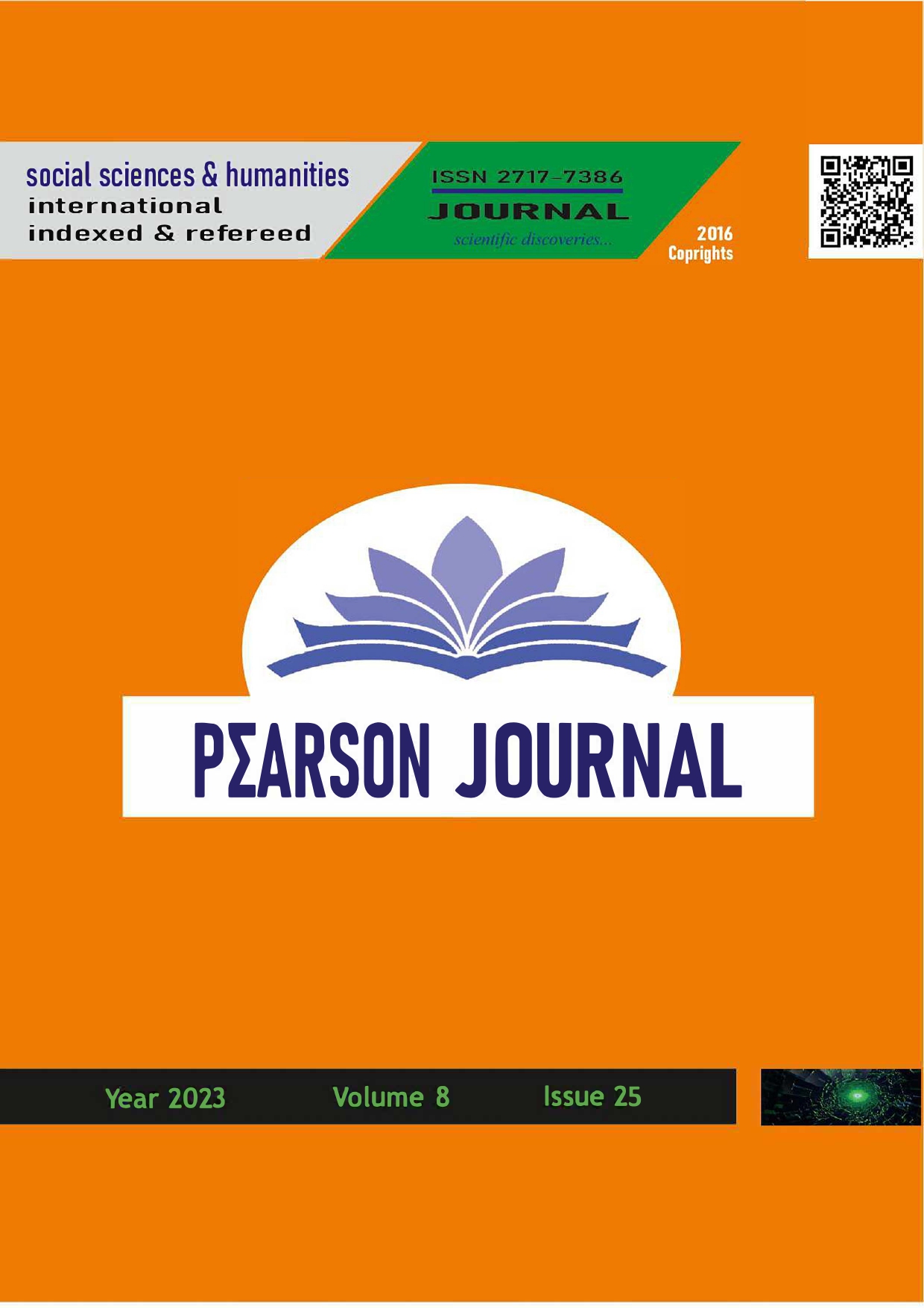Evaluating The Relation Between Birth Of Neoclassical Economics and Acceptance of Liberal Capitalism as a Legitamate Economic System
DOI:
https://doi.org/10.5281/zenodo.8360223Keywords:
Economic Sociology, Protestant Culture, Max Weber, Neoclassical EconomicsAbstract
Economic sociology develops communication between two disciplines by acting as a bridge between economics and sociology. Max Weber wrote the best works of old economic sociology and became the founder of the subdiscipline. According to Max Weber, capitalism and mainstream economic thought emerged from the Protestant culture. For Max Weber, the perfectly competitive market model of mainstream economic thought is the ideal type of capitalism. Weber, as a synthesiser, has succeeded in placing the Neoclassical economic model on a historical, cultural and institutional basis. So he managed to reconcile two conflicting schools, the Neoclassical school, which represents mainstream economic thought, and the rival German Historical school. Thus, he made the best works of economic sociology, which is a bridge between economics and sociology. Germany has managed to become the leader of social democracy in Continental Europe with export-oriented industrialization model. Today, Germany adopts the Third Way policies by staying away from the Neoliberal policies. In this study, evolution of the views about money and trade, the emergence of Neoclassical economic thought and the acceptance of liberal capitalism as a legitimate system are shortly explained.
References
Collins, R. (2017). Max Weber: bir kılavuz. Phoenix Yayınevi.
Jackson, W. A. (2009). Economics, culture and social theory. Edward Elgar.
Kabaş, T. (2016). İslam iktisadı düşüncesi için küçük bir tarihsel değerlendirme. Akademisyen Kitapevi.
Küçükkalay M. A. (2019). Adam Smith: ahlak felsefesinden politik ekonomiye bir filozof. Ketebe Yayınları.
Heyne, P. (2008). Are economists basically immoral ?. Liberty Fund.
Hunt, E. K. ve Lautzenheiser, M. (2016). İktisadi düşünce tarihi. Phoenix Yayınevi.
Mele, D. ve Schlag, M. (2015). Humanism in economics and business. Springer.
Mirhakor, A. ve Askari, H. (2017). Ideal Islamic economy: an introduction. Palgrave Macmillan.
Nelson, R. H. (2001). Economics as religion: from Samuelson to Chicago and beyond. Pennsylvania State University Press.
Walsh, A. ve Lynch, T. (2008). The morality of money. Palgrave Macmillan.
Zelmanovitz, L. (2016). The ontology and function of money. Lexington Books.
Downloads
Published
How to Cite
Issue
Section
License
Copyright (c) 2023 PEARSON JOURNAL

This work is licensed under a Creative Commons Attribution 4.0 International License.



